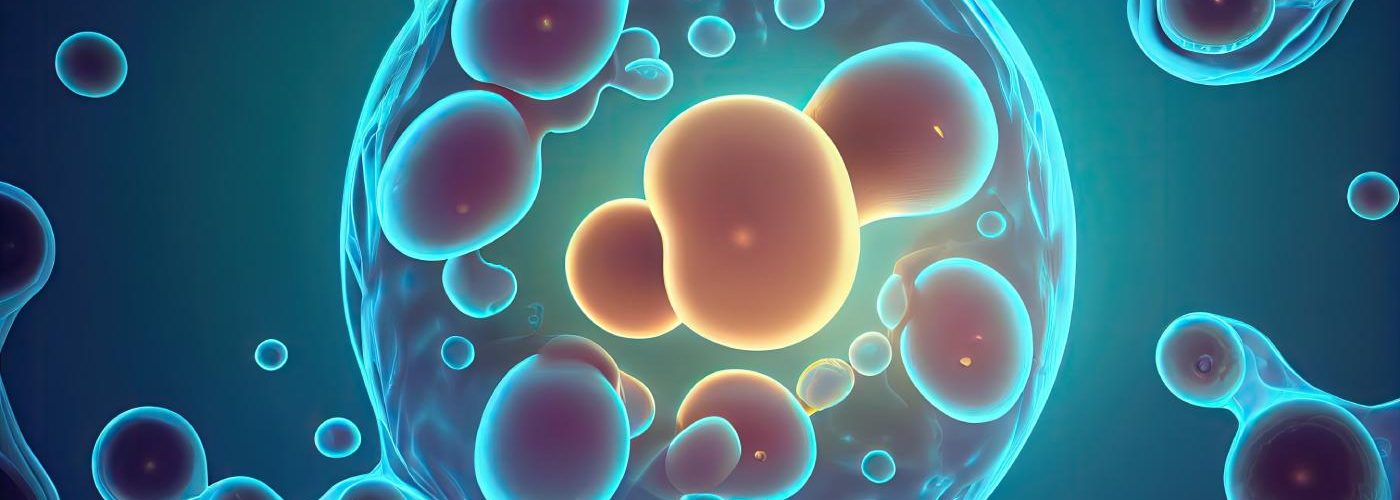
- The research presented by IVI demonstrates how a new method can distinguish endometria with a 95% accuracy rate between good and poor prognosis by combining transcriptomics with artificial intelligence algorithms. Additionally, it can show a three times higher relative risk in patients with a poor prognosis for experiencing endometrial failure.
- The preventive detection of these endometrial profiles allows for personalized or precision medicine, thereby avoiding the suffering of women and couples due to potential embryo loss and improving the chances of success in their reproductive processes.
- Another study presented at this scientific meeting demonstrates the importance of the maternal-embryo endometrial communication through secreted vesicles for successful implantation
COPENHAGUE, 29 DE JUNIO DE 2023
Spain is one of the countries in the European Union with a lower fertility rate and a higher average age of first-time mothers, which negatively influences the quality of oocytes and, consequently, the embryos generated from these oocytes, which often face difficulties in implantation and achieving a full-term pregnancy.
Given this scenario, in the past 40 years since the widespread use of in vitro fertilization (IVF), research in the field of reproductive medicine has focused on studying and improving embryo quality. However, the role of the endometrium is also crucial, as it is the site where embryo implantation and early development of the future being will occur.
This is the origin of the work titled ‘A gene expression risk signature of endometrial failure for prognosis in In Vitro Fertilization (IVF) patients,’ presented at the current edition of ESHRE, held these days in Copenhagen.
“The research we present in this scientific framework, for the first time, and thanks to transcriptomics combined with artificial intelligence algorithms, offers a new method with a 95% accuracy in identifying genetic signatures that will help us distinguish endometria with good and poor prognosis before initiating reproductive treatment”, explains Dr. Patricia Díaz-Gimeno, researcher at the IVI Foundation and supervisor of the study. In addition to pioneering the identification of these two types of endometrial profiles – good and poor prognosis – this research allows us to find a three times higher relative risk between these two profiles in patients with a poor prognosis for experiencing endometrial failure, whether it be implantation failure, biochemical miscarriage, or clinical miscarriage.
Until now, the tools available for evaluating the endometrium have been based on identifying endometria displaced from the window of implantation without demonstrating substantial improvements in the pregnancy rates of patients.
“While further lines of study are necessary for patients with poor-prognosis endometria, being able to distinguish them preventively through the method we presented at ESHRE is the starting point for researching new procedures that improve their diagnosis and treatment, avoiding the suffering of women and couples due to potential embryo loss, and simultaneously improving the chances of success in their reproductive processes. These promising results are another example of our strong commitment to personalized or precision medicine”, adds Dr. Díaz-Gimeno.
In the last four decades, there has been in-depth study of the embryo, and advancements have been made to the extent that we can select the highest quality embryos, resulting in a 95% success rate for achieving pregnancy on the third attempt.
“The objective of this research is to improve the endometrial factor in order to achieve that 95% success rate, not on the third attempt, but on the first. Currently, without controlling this factor, the probability of pregnancy on the first attempt is approximately 65%, or 68% in the specific case of IVI”, points out Dr. Díaz-Gimeno.
When the Endometrium and Embryo Communicate
The origin of reproductive failures can lie in the embryo, the endometrium, or even the combination of both.
The compatibility between the embryo and the endometrium, as well as the dialogue established between them, must be taken into account, as it is essential for successful embryo implantation. In this regard, the work titled ‘Extracellular vesicles secreted by the maternal endometrium functionally regulate processes related to embryo development and implantation in human blastocysts,’ supervised by Dr. Hortensia Ferrero, a researcher at the IVI Foundation, aims to describe molecules secreted by the endometrium and captured by the embryo involved in this endometrium-embryo communication system, which can also be the cause of some implantation problems.
“The maternal endometrium secretes vesicles that are captured by human embryos, and when the contents of these vesicles enter the embryo, they regulate molecular mechanisms involved in improving embryo quality and consequently their competence for implantation. These findings demonstrate the importance of the communication system between the maternal endometrium and the embryo through these tiny sacs for successful implantation”, concludes Dr. Ferrero, the study’s supervisor.
